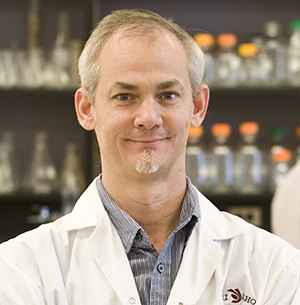Biography
Research focus / impact
The overall goal of Dr. Stanford’s research is to understand the factors that control stem cell function and apply this knowledge to improve human health. Specifically, Dr. Stanford’s laboratory uses systems biology approaches to understand how the proteins, miRNAs, epigenetic marks, etc., within in a stem cell combine with other factors to determine that cell’s fate. Furthermore, Dr. Stanford uses a systems genetics approach to model disease utilizing animal models, patient-derived induced pluripotent stem cells (iPSCs), or genome editing in human embryonic stem cells (ESCs) as models. Dr. Stanford is internationally renowned for contributions to many fields including his work on mapping gene regulatory networks in pluripotent stem cells, using gene trap mutagenesis to functionally annotate the mammalian genome and model human disease, discovering a new member of the polycomb repressive complex 2 required for stem cell function, functionally analyzing the stem cell protein Sca-1, and demonstrating that defective self-renewal of mesenchymal stem/stromal cells leads to age-related osteoporosis.
Accomplishments / Awards
Dr. Stanford is the founding and current director of the Ottawa Human Pluripotent Stem Cell Facility. He has published 83 manuscripts, which have been cited over 5100 times (Scopus).
Grant support
Dr. Stanford currently holds grants from the Canadian Institutes of Health Research, the Natural Sciences and Engineering Research Council, Heart and Stroke Foundation of Canada, McEwen Foundation for Regenerative Medicine, and two federal US grants – National Institutes of Health and Congressionally Directed Medical Research Program.
